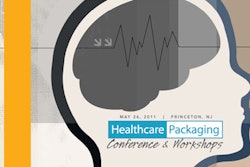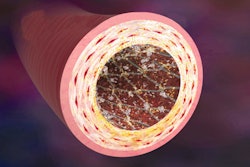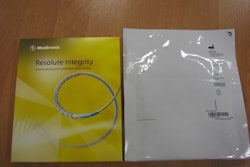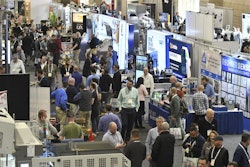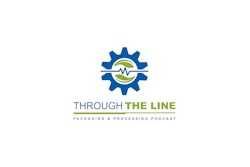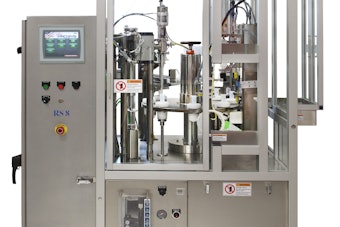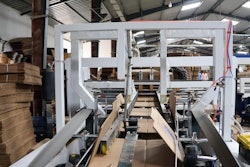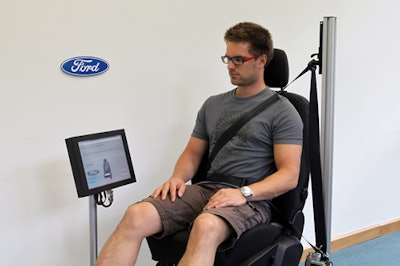
In late May, Ford Motor Co., Dearborn, MI, announced a joint project between its European Research and Innovation Centre in Aachen, Germany, and Rheinisch-WestfÃ¥lische Technische Hochschule (RWTH) Aachen University that has developed a car seat that uses six special embedded sensors to detect electrical impulses generated by the heart. The media section on Ford's Web site notes the technology is part of “Ford's portfolio of possible in-car health and wellness solutions aimed at helping people with chronic illnesses or medical disorders manage their condition while on the go.”
Is this a medical device? What U.S. Food and Drug Administration branch would be involved in Ford's quest to get the product commercialized? How will it be packaged? All questions for another day, perhaps.
A “Takes on Tech” report says Ford is “developing in-car Health and Wellness apps in conjunction with medical device maker Medtronic, WellDoc, and SDI Health. Users will have the ability to access information such as Web-based allergen alert solutions using their voice. Ford will focus on those with asthma, allergies, and diabetes first, as they account for a large portion of the population.”
Although Ford sees car seat monitoring benefits primarily for “mature age” groups and those with known heart conditions, the company says it is also “leveraging Ford SYNC® and its ability to connect devices via Bluetooth, access cloud-based Internet services and control smartphone apps to develop industry-first voice-controlled in-car connections to an array of health aids from glucose monitoring devices, diabetes management services, asthma management tools, and Web-based allergen alert solutions.”
Dr. Achim Lindner, Ford European Research and Innovation Centre medical officer says, “As always in medicine, the earlier a condition is detected, the easier it is to treat, and this technology even has the potential to be instrumental in diagnosing conditions drivers were previously unaware they had.”
Ford says data collected from car seat sensors could be analyzed by medical experts or onboard computer software, and could link to remote medical services to provide real time health information and alerts of imminent cardiovascular issues, such as a heart attack.”
Lindner says, “The sensors use a specially designed system and carefully researched materials to be able to give a good signal without contact on the skin. We are still fine-tuning their operation to work with some materials; certain types of synthetic fabric and lamb's wool can cause electrical interference that upsets the signal, but we can achieve a strong signal through 10 layers of cotton.” A video demonstration of the heart rate monitoring seat is available at www.youtube.com/watch?v=IEQ9smLOG4Q.
Is this a medical device? What U.S. Food and Drug Administration branch would be involved in Ford's quest to get the product commercialized? How will it be packaged? All questions for another day, perhaps.
A “Takes on Tech” report says Ford is “developing in-car Health and Wellness apps in conjunction with medical device maker Medtronic, WellDoc, and SDI Health. Users will have the ability to access information such as Web-based allergen alert solutions using their voice. Ford will focus on those with asthma, allergies, and diabetes first, as they account for a large portion of the population.”
Although Ford sees car seat monitoring benefits primarily for “mature age” groups and those with known heart conditions, the company says it is also “leveraging Ford SYNC® and its ability to connect devices via Bluetooth, access cloud-based Internet services and control smartphone apps to develop industry-first voice-controlled in-car connections to an array of health aids from glucose monitoring devices, diabetes management services, asthma management tools, and Web-based allergen alert solutions.”
Dr. Achim Lindner, Ford European Research and Innovation Centre medical officer says, “As always in medicine, the earlier a condition is detected, the easier it is to treat, and this technology even has the potential to be instrumental in diagnosing conditions drivers were previously unaware they had.”
Ford says data collected from car seat sensors could be analyzed by medical experts or onboard computer software, and could link to remote medical services to provide real time health information and alerts of imminent cardiovascular issues, such as a heart attack.”
Lindner says, “The sensors use a specially designed system and carefully researched materials to be able to give a good signal without contact on the skin. We are still fine-tuning their operation to work with some materials; certain types of synthetic fabric and lamb's wool can cause electrical interference that upsets the signal, but we can achieve a strong signal through 10 layers of cotton.” A video demonstration of the heart rate monitoring seat is available at www.youtube.com/watch?v=IEQ9smLOG4Q.



